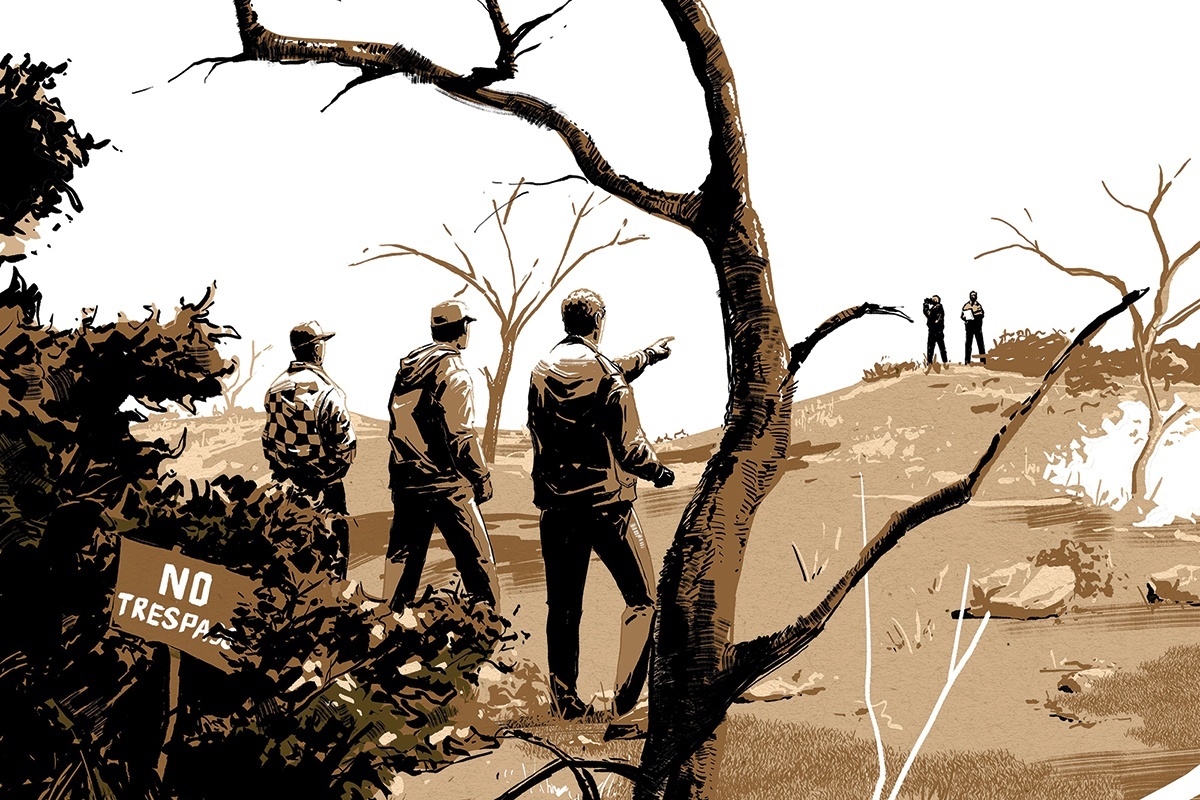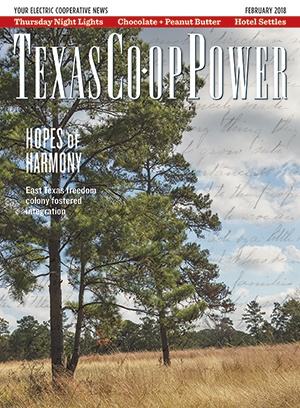It was a Super Bowl Sunday in the last century, and Austin’s January weather was nicer than we were used to in Lubbock. Since the Dallas Cowboys weren’t playing, a couple of my buddies and I skipped the game and drove to Bee Cave because we’d heard it was pretty out there. We hadn’t heard anything about it being private property, and we didn’t know the intricacies of local trespassing laws. We learned a lot that day.
This was well before Bee Cave would be incorporated. It was still a small town surrounded by pristine Hill Country. Steve, a one-year veteran of the area, suggested we “discover” Bee Cave. I thought he was talking about a park.
“No, it’s not a park,” he explained. “It’s better than that. It’s like wilderness.”
We drove out there only to find that a few dozen people had already “discovered” that wilderness and were busy roaming the countryside to a jumbled soundtrack of radios, tape players and beer-fueled conversation. This wasn’t my idea of wilderness, but Steve was undeterred.
“There wouldn’t be this many people out here if it was private property,” he reasoned. “Even if it is, the owners obviously don’t care if people enjoy it.”
This was pretty country, but the chaotic scene made it difficult to enjoy the scenery. We joined the festivities, but I kept wishing I was either somewhere else or the only person at Bee Cave. At some point, we crested a hill and saw two men standing nearby, taking notes and snapping pictures. One was a middle-aged man dressed in slacks and a white dress shirt, like he’d just dropped by on his way home from church. He carried a notebook. The other guy was younger and wearing a Texas Farm Bureau cap and carrying a camera.
Ernie got excited. “Hey, look. It’s a couple of guys from the newspaper. I’ll bet they’re out here doing a story about people enjoying this great January weather!”
The two men motioned us over. The well-dressed guy displayed what we supposed was a badge and informed us we were being cited for trespassing. The other guy told us to be still while he took our picture.
The party was over.
A few weeks later, we showed up in court on the assigned date, along with a couple dozen other people, mostly young men. My friends and I planned to plead guilty that day. None of us had been in a courtroom before, and here we were, guilty and scared. The bailiff announced the judge, we all rose, and then we sat back down. The judge called the first defendant and asked for his plea.
“Guilty, your honor.”
The judge held up a hand. “Before we proceed, let me tell you folks about the law you’re accused of breaking.” He went on to spin a tale of how a wealthy lobbyist had manipulated the system to keep protestors away from his property, and, as a result, a landowner needed just one “No Trespassing” sign anywhere on the property for it to be legally posted. Also, the person who turned us in that day got $50 for each trespasser. I immediately wondered if I might have turned my buddies in if I’d known how lucrative it would be. Surely I would’ve at least shared some of the reward money with them.
Inspired by the judge’s take on what had happened to us and why, all the defendants except for one embarrassed teen-ager pleaded not guilty. The teen’s angry father spoke on his son’s behalf. “He wasn’t supposed to be out there,” he told the judge. “He broke the law. He’s guilty.”
Now we had another court date, but we had no lawyer, no clue and no plan other than hoping for the best. And “the best” is just what happened, in the form of an ice storm that hit Central Texas the night before we were due in court. The entire region went into a one-day hibernation. But we had such respect for the law—fear, actually—that we piled into Ernie’s Ford Maverick and made our way across a series of interconnected ice rinks called streets to our appointment with the state of Texas, of which a representative failed to show. We waited an appropriate amount of time before braving the icy streets back home. It took a couple of weeks for us to get over feeling like fugitives, but we eventually forgot about the whole sorry episode and started acting like law-abiding citizens.
Months later, in the middle of a brutal Texas summer, we each received a letter notifying us that the state had dropped all its charges. Why? Divine providence, I suppose: a perfect combination of a weird law, a no-nonsense judge and a freak ice storm. But Steve insisted on his original defense. “I told you all along it was OK to go out there.”
None of us ever went to Bee Cave again.
Clay Coppedge, a member of Bartlett EC, lives near Walburg.


